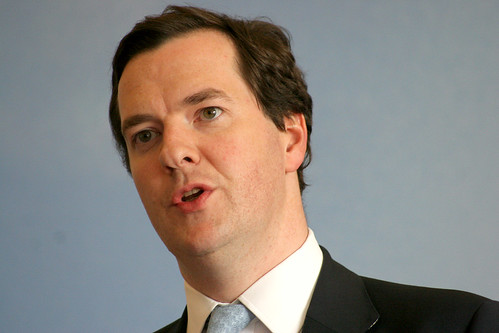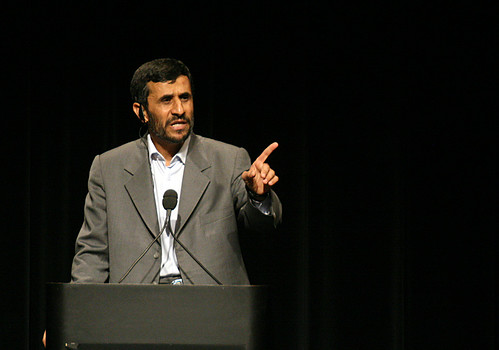Sorry about the lack of blog posts of late, but isn’t Alienated Left coming along? Go have a good look around. I hope to be back blogging soon. In the meantime, I have a a few links that I'd like to share.
The Billion-Pound-O-Gram helps but billion pound figures into perspective.
Northern Heckler takes the Conservative's inheritance tax policy and a misleading article to task. The Mirror also had an interesting angle on inheritance tax (it might not be the best writing, but the point is valid). Via Phil BC via northbriton45.
Tabloid Watch notes what that few have reported.
How Belle de Jour's secret ally Googlewhacked the press Via bloggerheads via McGuireDavid
Michael Moore had this to say about healthcare reform (I might blog on this in the future, he's quite right in my opinion).
Bensix looks at The Government’s Uneasy Relationship With Evidence
A look at Italian Law.
I'm linking to several Angry Mob pages for no other reason than search engine optimisation. Angry Mob is on the first page of google for various searches, and this is my contribution to keeping the site where it belongs:
Amanda Platell: Racist and Clueless, James Slack: Please Kill Yourself, Liz Jones is Considerably Richer than You, Daily Mail and Rape, Jan Moir: I'm thinking she's a piece of shit, and, Paul Dacre Must Die.
Via Jamie Sport - "There's literally no way our awesome cross-platform twitter news ad campaign will go wrong. Yeah!"
And that's about it link-wise for now (well, I wouldn't want you getting link-fatigue).
The Billion-Pound-O-Gram helps but billion pound figures into perspective.
Northern Heckler takes the Conservative's inheritance tax policy and a misleading article to task. The Mirror also had an interesting angle on inheritance tax (it might not be the best writing, but the point is valid). Via Phil BC via northbriton45.
Tabloid Watch notes what that few have reported.
How Belle de Jour's secret ally Googlewhacked the press Via bloggerheads via McGuireDavid
Michael Moore had this to say about healthcare reform (I might blog on this in the future, he's quite right in my opinion).
Bensix looks at The Government’s Uneasy Relationship With Evidence
A look at Italian Law.
I'm linking to several Angry Mob pages for no other reason than search engine optimisation. Angry Mob is on the first page of google for various searches, and this is my contribution to keeping the site where it belongs:
Amanda Platell: Racist and Clueless, James Slack: Please Kill Yourself, Liz Jones is Considerably Richer than You, Daily Mail and Rape, Jan Moir: I'm thinking she's a piece of shit, and, Paul Dacre Must Die.
Via Jamie Sport - "There's literally no way our awesome cross-platform twitter news ad campaign will go wrong. Yeah!"
And that's about it link-wise for now (well, I wouldn't want you getting link-fatigue).







